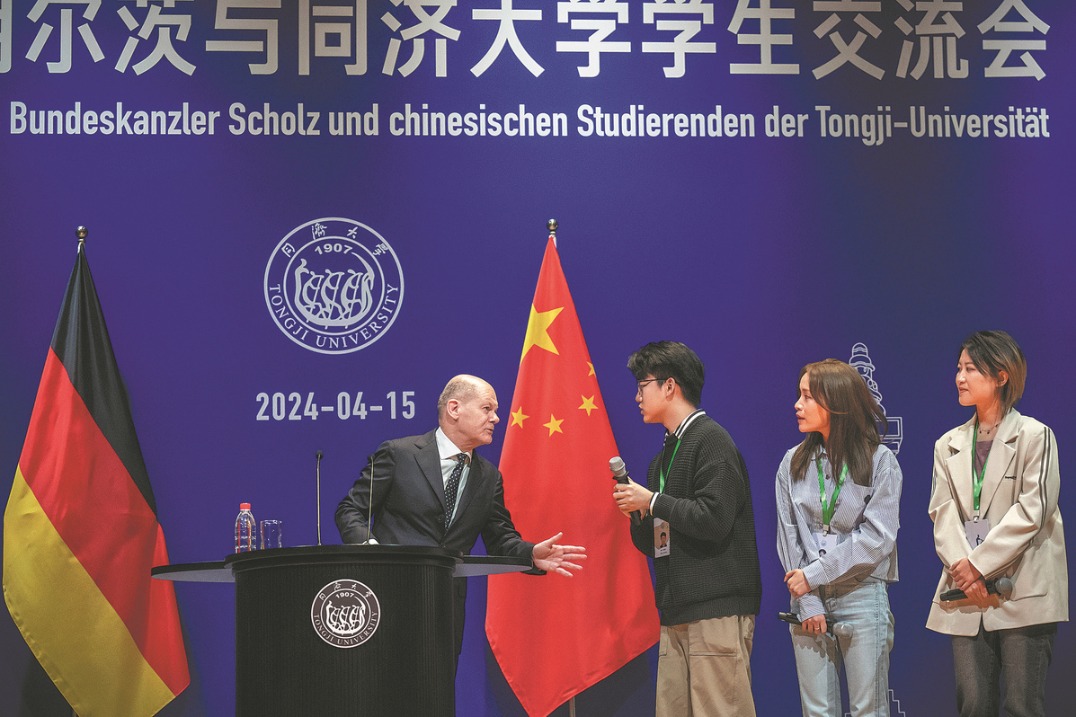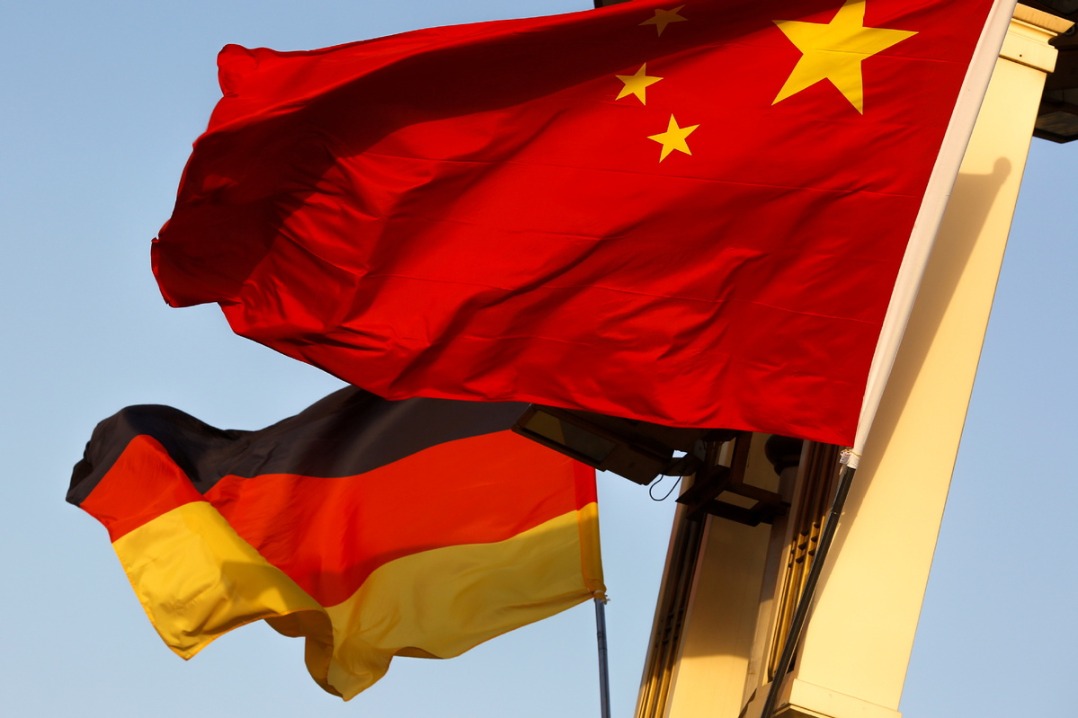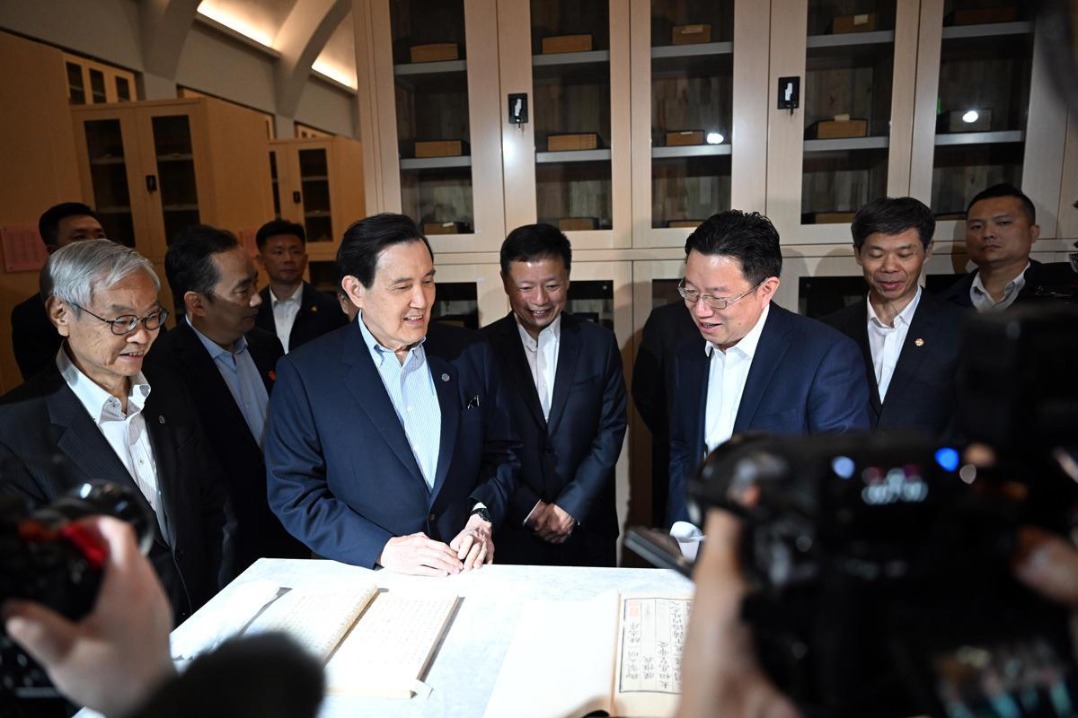Live and let live


China-US relations should not be viewed as a struggle for hegemony to survive
China-US relations are at a crossroad. The Joe Biden administration is reviewing and creating a new comprehensive China strategy and China is doing the same with regard to its policy toward the United States. The two biggest economies have to think long and hard about the future of their relations. And in the context of a globalized world and the coming wave of disruptive technology, they need to think beyond the traditional projection of power on the basis of realist strategies.
Such thinking is fundamentally flawed and inadequate to deal with all the challenges the world needs to address today. The key to unwinding the tensions within the current global order is to mitigate the negative consequences brought by the rapid changes it is experiencing and reducing inequality within and across borders due to outdated governance systems.
The national security strategy of the Donald Trump administration was misguided from the onset. It vaulted strategic competition with China to the forefront of the US' national security agenda and viewed every foreign policy issue through that lens, even if that meant harming its own people's health and wealth as well as the world's economy and climate. But where and in what way is China threatening the US? The anonymous author of a report released by the Atlantic Council, titled "The Longer Telegram", most likely penned by a former national security official in the Trump administration, suggests it is via the Democratic People's Republic of Korea, Taiwan, the Diaoyu Islands, and the South China Sea; none of which is within 6000 miles of the continental US.
The new US administration wants it both ways. According to Jake Sullivan, the national security advisor to President Joe Biden, the new administration wants to "establish a position of strength for the United States to be able to deal with both great power competition and the transnational threats that the American people face". While Sullivan is correct that the US needs a new economic philosophy, because the old one is bankrupting the middle-class in the US, he and those like-minded foreign policy experts seem to believe that a political philosophy that shares a common base with the post-Cold War, end-of-history economic philosophy meets US needs. Once Biden restores US leadership, the brainchild of such political philosophy, namely the liberal international order dominated by the US, will continue unabashedly and unapologetically, everything will once again be right with the world.
But the contradiction is conspicuous: What if the US should have to choose between hegemony and survival?
During the Cold War, due to the deterrence of "mutually assured destruction", the US and the Soviet Union coexisted in separate political and military camps. Today, the world is highly interconnected and interdependent, not only among human societies in the form of supply chains, communications, finance, and migration, but through global ecological circulations. Nations are truly sharing the same habitat where a delicate balance is barely being maintained. It is no longer just a matter of a country's own survival, nor is it sustainable to champion a beggar-thy-neighbor policy. When countries put their own interests above all others or seek to damage competitors to get ahead, they will create a systemic zero-sum process in which the negative impacts will come around to bite them sooner or later. The chaotic global vaccination situation is a case in point.
China seeks to coexist with the US. Coexistence clearly excludes an adversarial relationship. Coexistence also does not signify any notarized friendship, like an alliance between countries. Competition is permitted as long as both sides draw up mutually agreed rules and norms and abide by them.
China's coexistence policy presents the possibility of the two great nations on either side of the Pacific Ocean (they are not going anywhere) finding pragmatic and practical solutions to their differences and disputes. The coexistence policy requires mutual respect for the right of others to choose their own political system and development path, and recognition that others with different cultures, values and institutions share the same plane. It requires the fostering of a certain level of tolerance for these differences and the ability to adapt to each other's changes. These are the principles that China upholds when seeking to anchor its relations with the US, and principles the US should try to have an in-depth understanding of.
The author is a research fellow at the Institute of World Economics and Politics at the Chinese Academy of Social Sciences. The author contributed this article to China Watch, a think tank powered by China Daily. The views do not necessarily reflect those of China Daily.









































